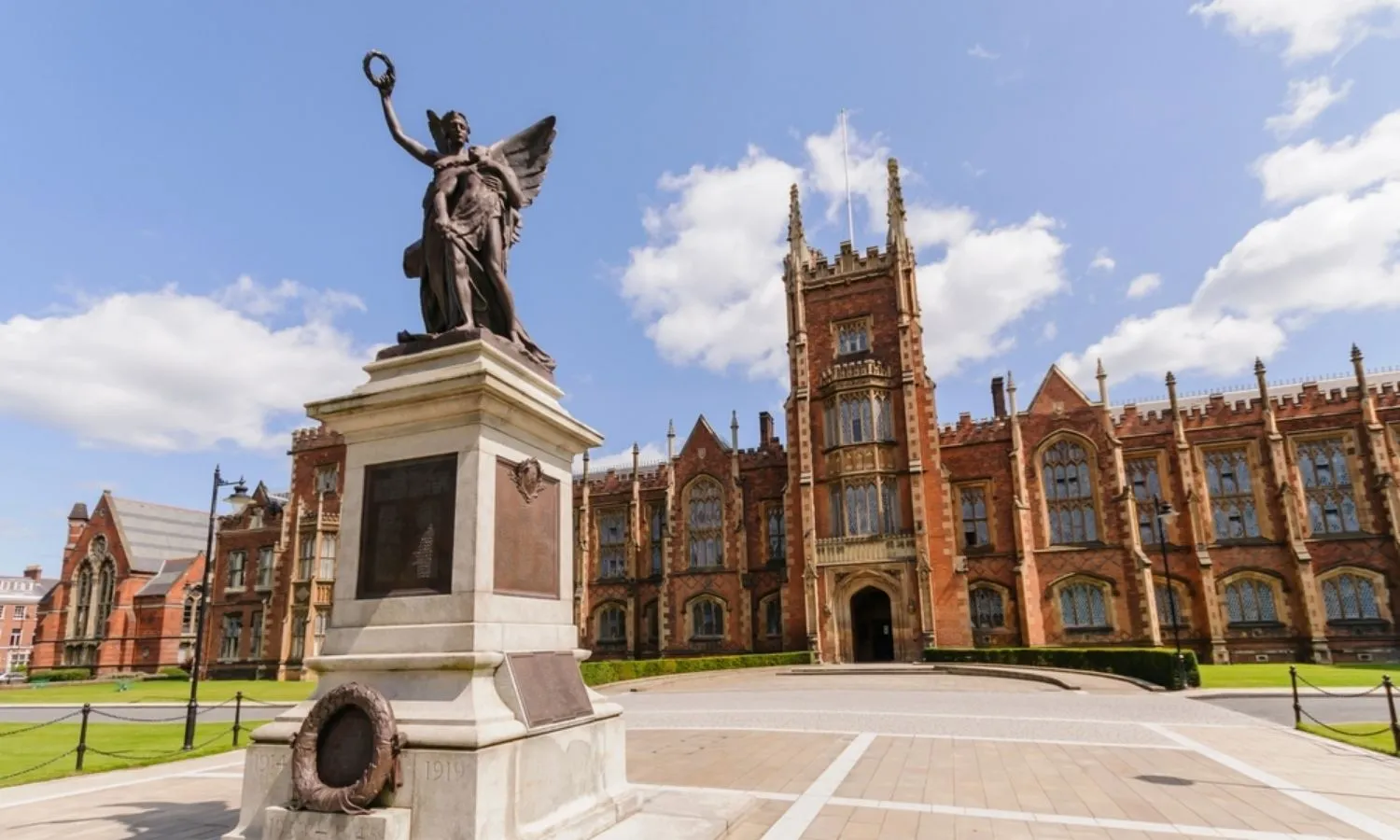
Study in Ireland
Explore study abroad options in Ireland! Discover top-ranked universities, scholarships, and exciting student life in a welcoming, English-speaking country. Start your journey today!...
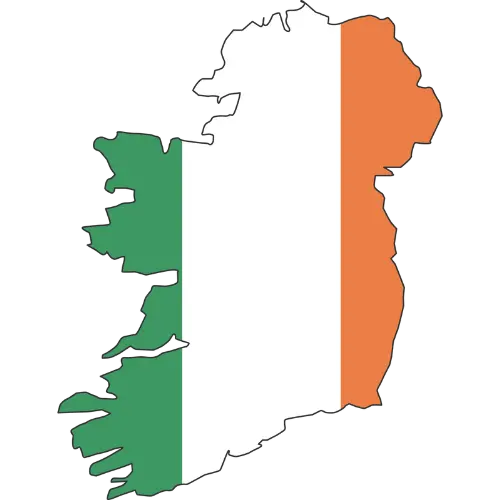

Explore study abroad options in Ireland! Discover top-ranked universities, scholarships, and exciting student life in a welcoming, English-speaking country. Start your journey today!...

Capital
Total International Students
Average Tuition Fees
Number of Universities
Employment Rates
Official Language
Popular Industries
Accommodation
Scholarships
Cost of Living
Academic Excellence & Diverse InstitutionsIreland’s top universities, like Trinity College Dublin and University College Dublin, are globally identified for studies excellence and innovation. Institutions emphasize entrepreneurship, implemented learning, and enterprise links, equipping college students with the competencies wanted for international careers.Wide Range of CoursesIreland has many varieties of study, both in English and in engineering, IT, data science, and business, as well as in medicine, pharmacy, humanities, and social sciences. There is an option of bachelor, master, PhD, and professional courses offered to students according to their interests.Affordable & Globally Recognized EducationIreland has relatively cheap tuition fees as opposed to... Read More
Ireland is home to globally ranked universities like Trinity College Dublin and University College Dublin, recognized for academic excellence, research innovation, and strong graduate employability.
Compared to the UK or the US, Ireland offers relatively lower tuition fees while awarding globally recognized degrees, making it a cost-effective destination for quality higher education.
From computer science, business, and engineering to medicine, arts, and humanities, Ireland offers a wide range of programs, all taught in English, ensuring international accessibility.
Ireland provides a safe, welcoming, English-speaking environment with multicultural campuses and vibrant cities. Students also benefit from easy travel across Europe.
International graduates can stay back for 2 years (3 years for PhD) under Ireland’s post-study work visa scheme, providing excellent career opportunities with global companies.
Ireland hosts the European headquarters of top companies like Google, Microsoft, Meta, and Pfizer. Universities collaborate closely with industries, offering internships, placements, and strong career prospects.
Some admission requirements for studying in Ireland
| Study Level | Minimum Academic Requirement | Entrance Exams Required | Language Proficiency | Other Requirements |
|---|---|---|---|---|
| Undergraduate (Bachelor’s) | Completion of 12 years of schooling (high school certificate) | No national exam; may require IELTS, TOEFL, PTE, Duolingo for some programs | IELTS 6.0–6.5 / TOEFL iBT 80+ / PTE / Duolingo (some cases) | Valid passport, academic transcripts, Statement of Purpose (SOP) |
| Postgraduate (Master’s) | Bachelor’s degree in a relevant field (2:1 or 2:2 honors, depending on course) | No centralized exam; may require IELTS, TOEFL, PTE. GMAT required for MBA programs | IELTS 6.5+ / TOEFL iBT 90+ / PTE 63+ | SOP, CV, 1–2 Letters of Recommendation, proof of funds |
| Doctoral (PhD) | Master’s degree in a relevant field with a good academic record | No national exam; depends on supervisor/university approval | IELTS 6.5+ / TOEFL iBT 90+ | Detailed research proposal, academic CV, supervisor acceptance letter |
| Specialized Programs (Engineering/Technology/IT) | 10+2 with Maths & Sciences (for UG); Bachelor’s in Engg/CS/IT (for PG) | University-specific aptitude test may apply | IELTS 6.0–6.5 or equivalent | SOP, internships, academic records |
| Diploma/Certificate Courses | Varies by program (after 10+2 or Bachelor’s) | No national exam; portfolio/interview for arts/design | IELTS 5.5–6.0 or equivalent | Passport, transcripts, portfolio (if applicable) |
| Medical (MBBS/MD) | Completion of 12 years with PCB subjects + high grades | May require HPAT/MCAT (for some medicine programs) | IELTS 6.5+ mandatory | Medical fitness certificate, visa, health insurance |
| Foundation Courses / Pathway Programs | Required if a high school qualification does not directly meet Irish entry standards | University/college assessment | IELTS 5.0–5.5 minimum | Academic transcripts, SOP, proof of funds |
Ireland has Universities, Institutes of Technology (IoTs), Technological Universities (TUs), Colleges of Education, and Private Colleges offering professional programs.
Ireland offers Bachelor’s, Master’s, PhD, Higher Diplomas, Certificates, and Foundation/Pathway programs, along with professional courses in medicine, business, law, and technology.
There is no centralized entrance exam for international students. Admission is based on school/university grades. Some programs (MBA, Medicine, Law) may require additional tests such as GMAT, HPAT, or LSAT, depending on the institution.
Primary → Secondary → Senior Cycle (Leaving Certificate, equivalent to high school graduation) → University/College entry. Students not meeting direct entry requirements may opt for Foundation/Pathway programs.
Ireland’s higher education is overseen by the Department of Education and Skills and supported internationally by Education in Ireland (similar to DAAD in Germany). Quality is assured by Quality and Qualifications Ireland (QQI).
Ireland is globally recognized for strong programs in Information Technology, Engineering, Business & Finance, Life Sciences, Medicine, and Arts & Humanities. The country is also a major hub for research and innovation, supported by collaborations with leading global companies.


| University Name | Rank | City | Courses |
|---|---|---|---|
| Trinity College Dublin (TCD) | #1 | Dublin | Arts & Humanities, Natural Sciences, Law, Engineering, Business, Medicine |
| University College Dublin (UCD) | #2 | Dublin | Business, Veterinary Science, Humanities, Science |
| University College Cork (UCC) | #Top 3–4 | Cork | Pharmacy, Sustainability, Arts, Sciences |
| University of Galway (NUI Galway) | #Top 4–6 | Galway | Sciences, Arts, Engineering, Sport & Exercise Engineering |
| University of Limerick (UL) | #Top 7–8 | Limerick | Science & Engineering, Business, Technical Communication |
| Dublin City University (DCU) | #Top 7–8 | Dublin | STEM, Business, Sustainability |
| Maynooth University | #Top 7–8 | Maynooth | Humanities, Social Sciences, Sciences |
| Technological University Dublin (TU Dublin) | #Top 9 | Dublin | STEM, Technology, Applied Sciences |
| RCSI University of Medicine and Health Sciences | #Top 3 (Medical) | Dublin | Medicine, Surgery, Pharmacy, Healthcare Technologies |
From student visas to intakes and job prospects—here’s everything you need to know before you apply.

You must have an admission letter (Offer Letter) from a recognized Irish university or higher education institution before applying for a student visa.

An Irish student visa (Stamp 2) is usually issued for the duration of your course and can be renewed annually.

Student visas allow multiple entries, so you can travel in and out of Ireland and other EU countries during your studies.

Within 90 days of arriving in Ireland, you must register with the Irish Naturalisation and Immigration Service (INIS) and obtain your Irish Residence Permit (IRP).

Required documents include your valid passport, admission letter, proof of sufficient funds (€10,000 minimum), health insurance, biometric photos, visa application form, and academic certificates.

International students in Ireland can work up to 20 hours per week during term and 40 hours per week during holidays.


Main admission intake for most undergraduate and postgraduate programs. Classes usually begin in September.

Limited intake for select postgraduate and specialized courses. Starts in January or February.

Some universities offer rolling admissions or additional intakes for diploma, certificate, and online programs.


Students can work in libraries, cafeterias, or as research/teaching assistants while studying.

Many programs include internships or work placements that provide practical experience and lead to career opportunities.

Demand is high in IT, business, finance, healthcare, and pharmaceuticals.

Postgraduate and doctoral students can pursue research careers in universities, labs, and innovation centers.

Students can work up to 20 hours per week during term time and 40 hours per week during holidays.

Ireland’s startup ecosystem supports graduates with incubators, funding programs, and government-backed initiatives.

| Degree | Minimum Fees | Maximum Fees | Average Fees |
|---|---|---|---|
| LL.B. (Bachelor of Laws) | €12,600 | €20,609 | €12,000 to €20,000 |
| B.Sc. Engineering / Computer Science | €10,000 | €25,000 | €10,000 to €25,000 |
| M.Sc. Data Science & Analytics | €7,000- €9,000 | €30,000 | €12,000 to €30,000 |
| M.Sc. Financial Data Science (UCD) | €26,140 | €28,140 | €28,140 |
| M.Sc. Data and Computational Science (UCD) | €22,000 | €26,660 | €26,660 |
| M.Sc. Computer Science – Data Science (TCD) | €26,989 | €24,669 | €22,575 to €26,000 |
| MBA (Trinity College Dublin) | €36,600 | €36,600 | €36,600 |
| Scholarship Name | Application Deadline | Maximum Amount Award | Application Portal Link |
|---|---|---|---|
| Government of Ireland International Education Scholarship | 2026-03-31 | 10000 | Apply Here |
| Irish Research Council Government of Ireland Postgraduate Scholarship | 2026-02-28 | 19000 | Apply Here |
| Trinity College Dublin Global Excellence Scholarship | 2026-03-25 | 10000 | Apply Here |
| UCD Global Excellence Scholarship | 2026-02-28 | 10000 | Apply Here |
| NUI Galway International Student Scholarships | 2025-12-31 | 4000 | Apply Here |
| Maynooth University Entrance Scholarship | 2025-07-31 | 1000 | Apply Here |
| DCU International Student Scholarship | 2025-07-31 | 4000 | Apply Here |
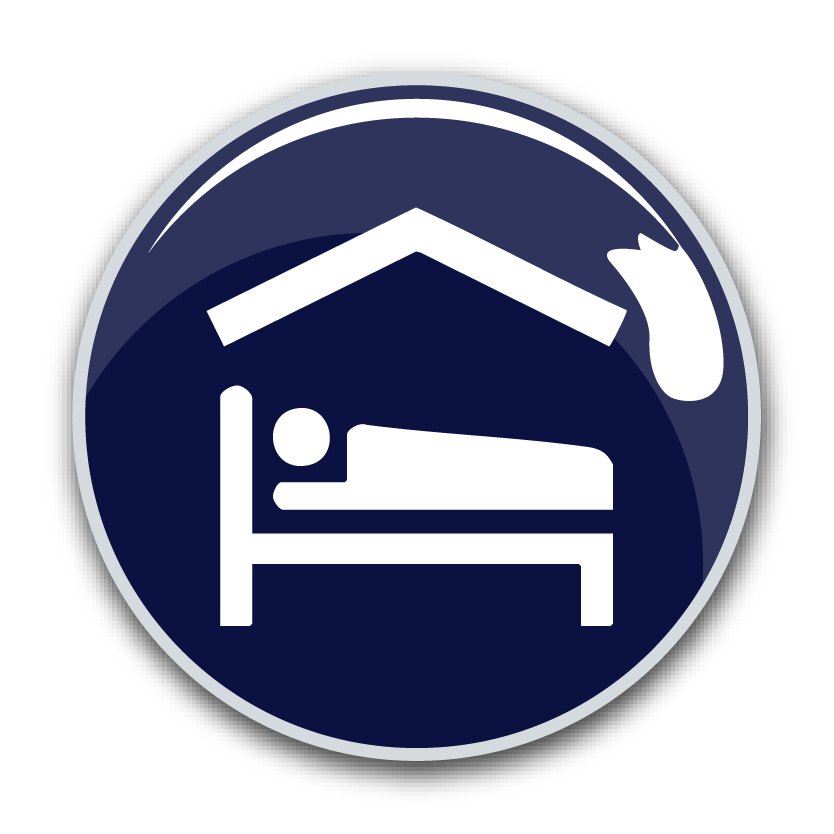
€400 – €1000 / month

€60 – €250 / month
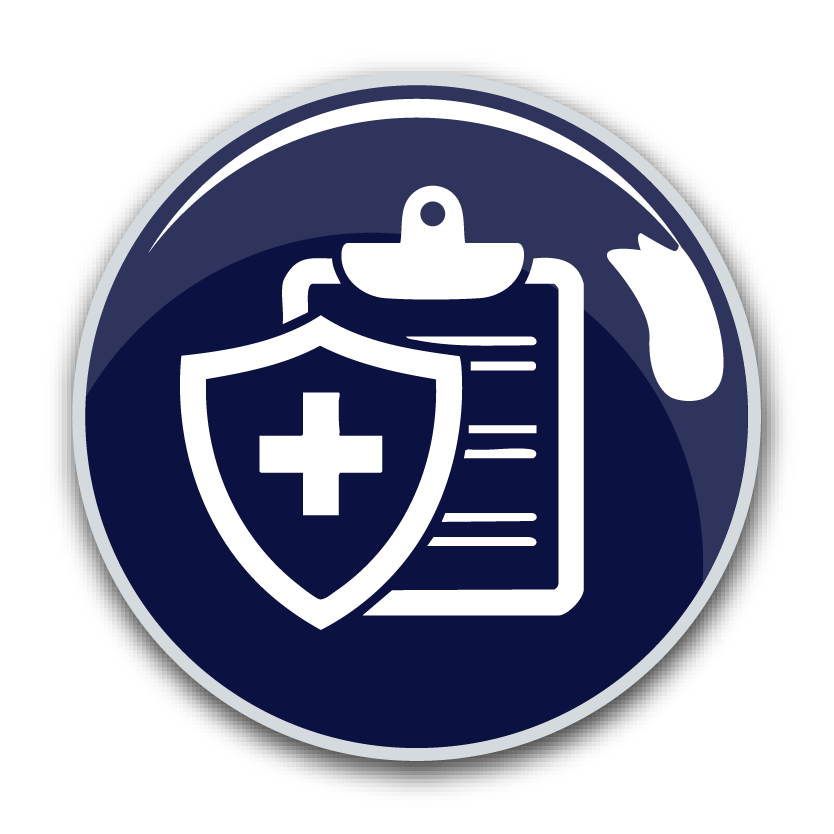
€45 – €100 / month
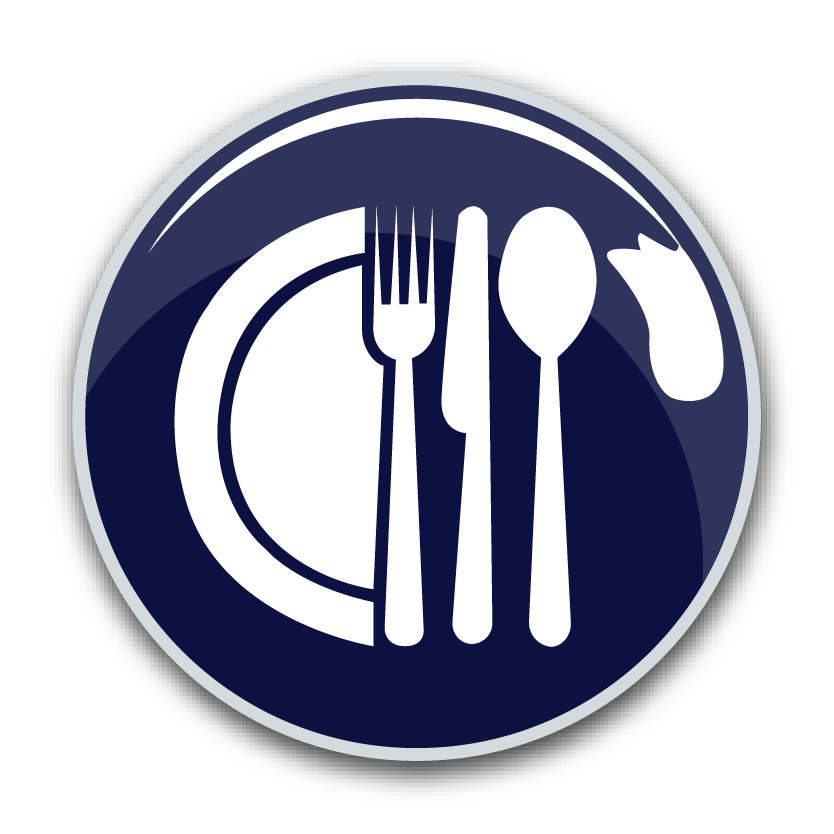
€150 – €350 / month

€100 – €400 / month

€20 – €70 / month

€50 – €120 / month
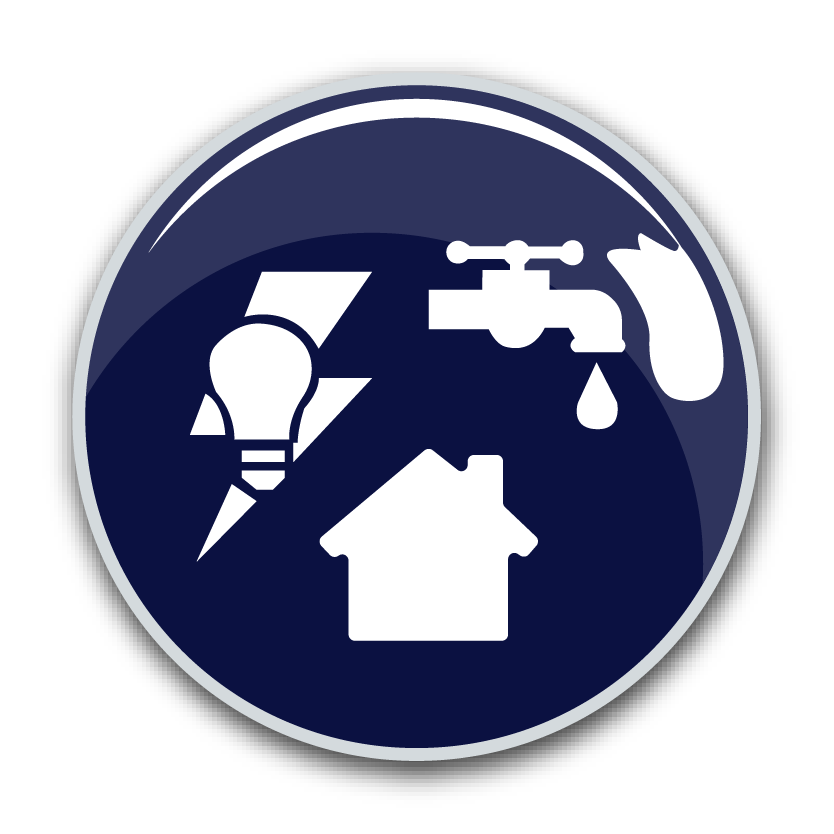
€80 – €200 / month